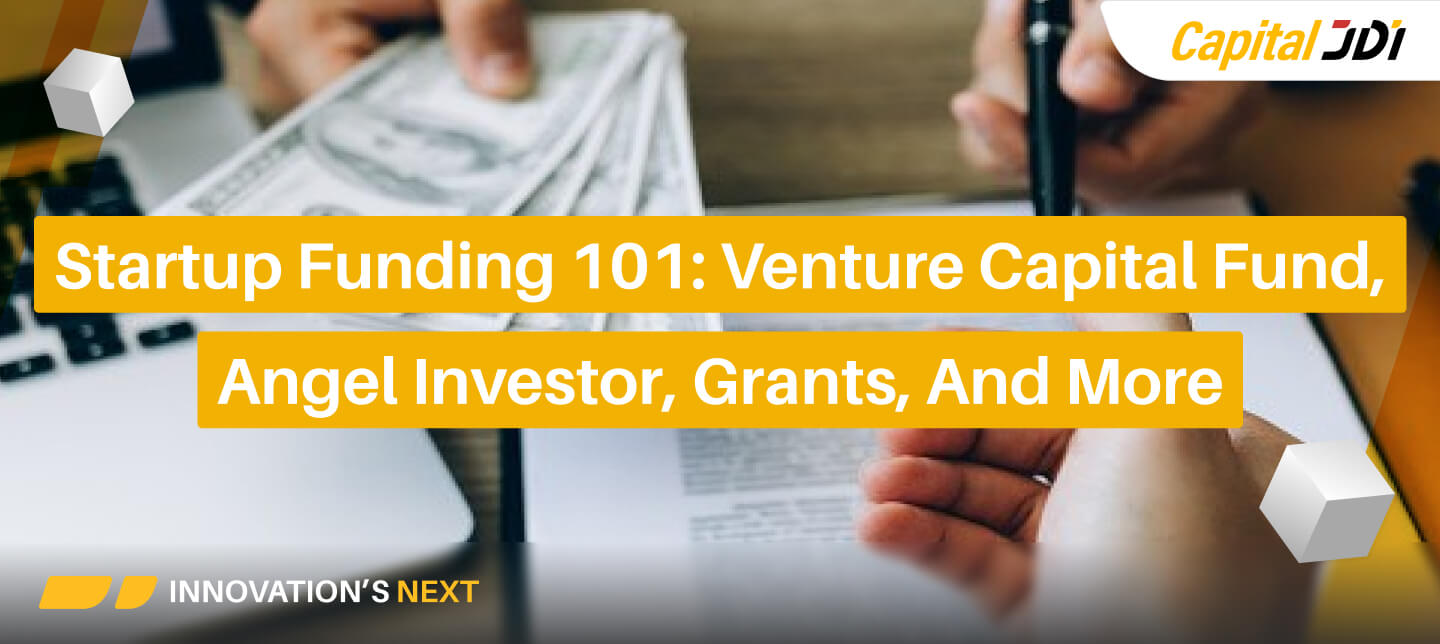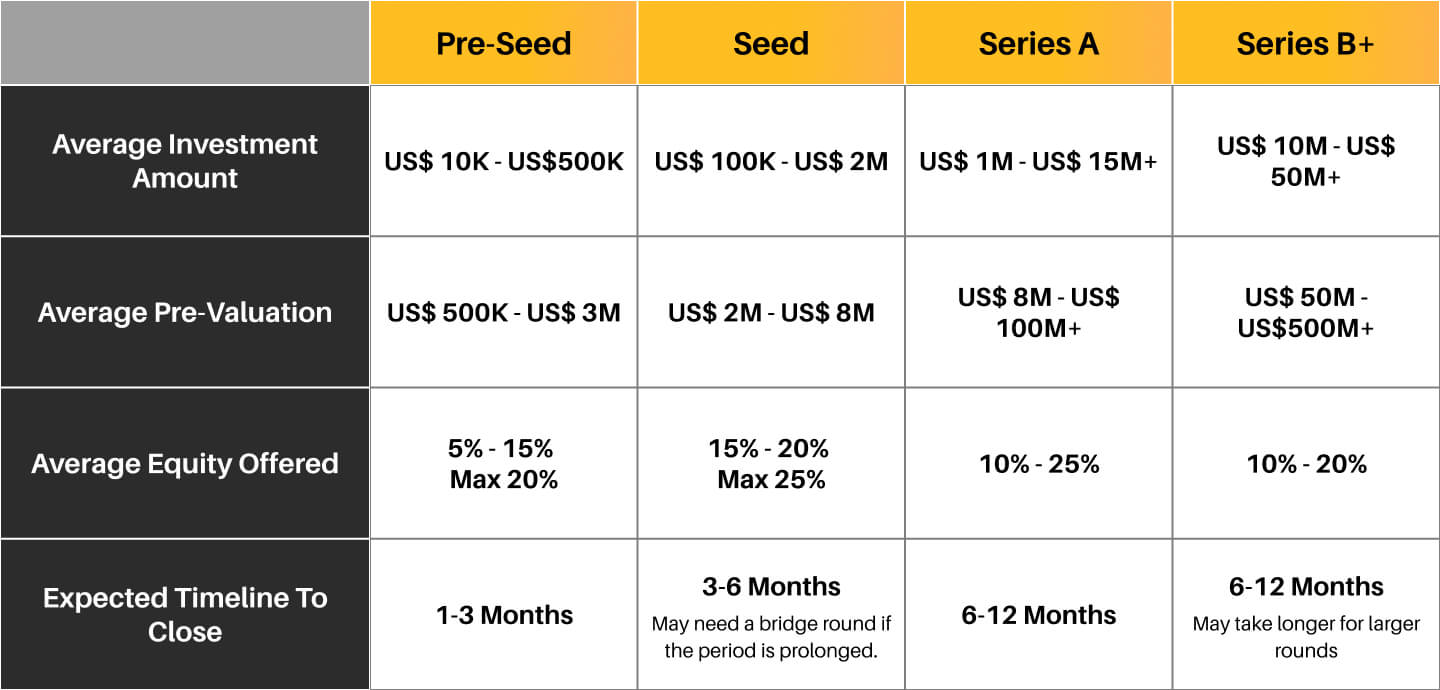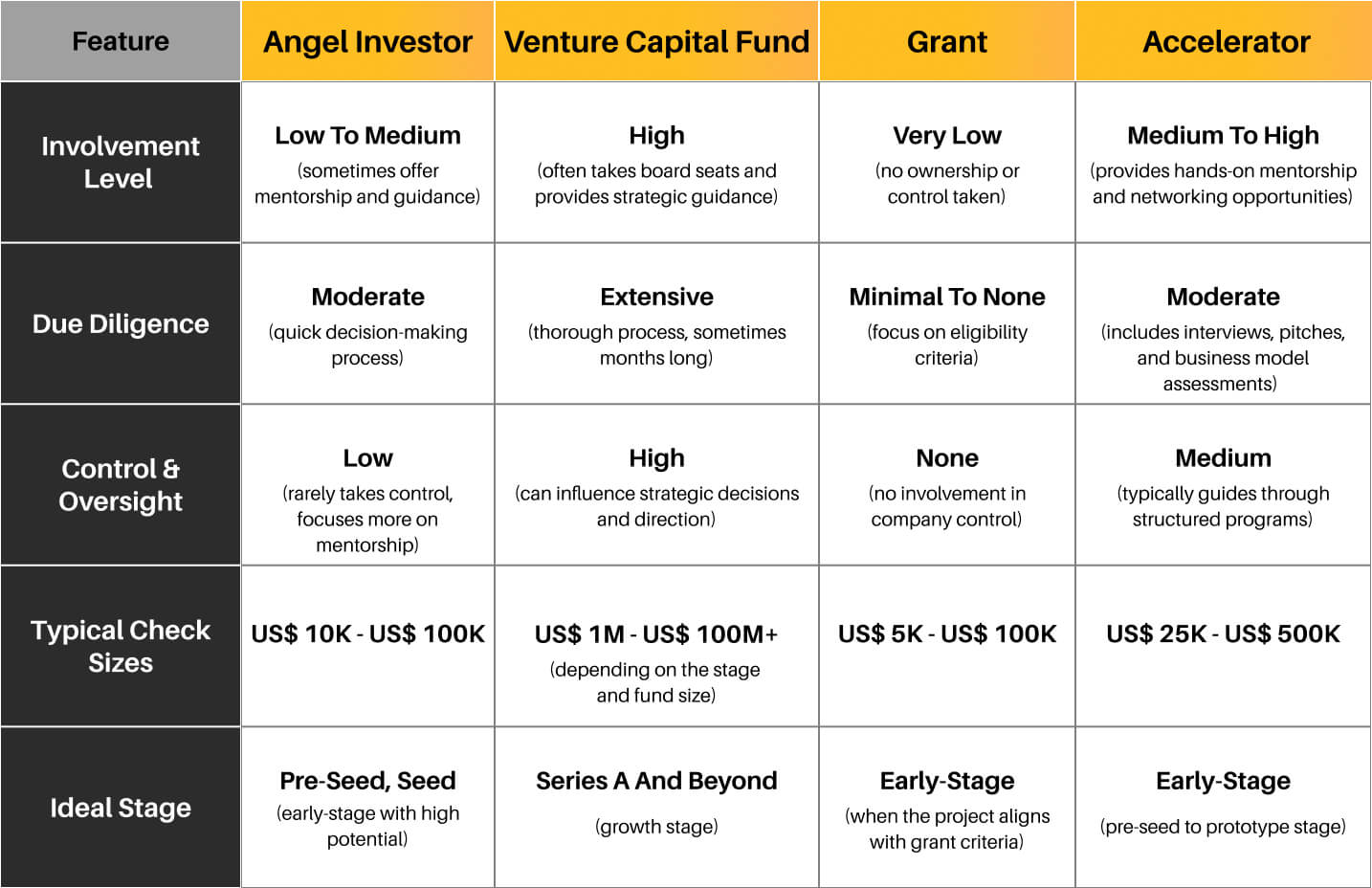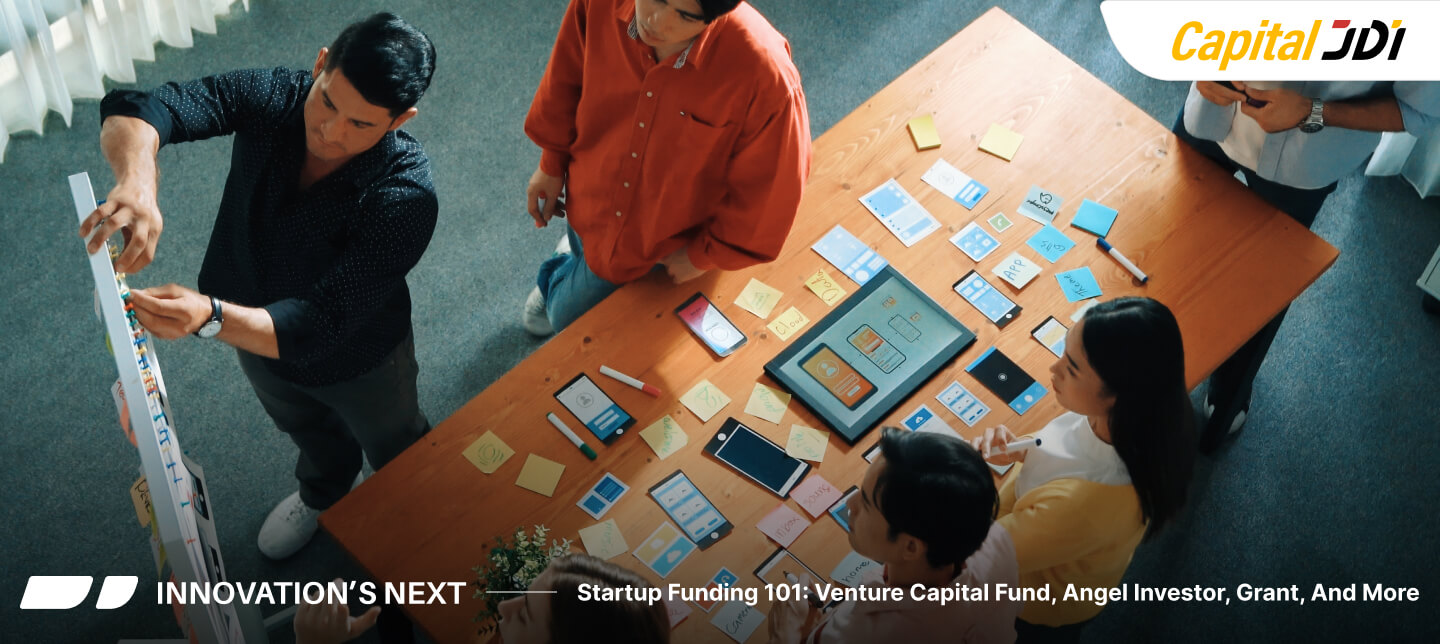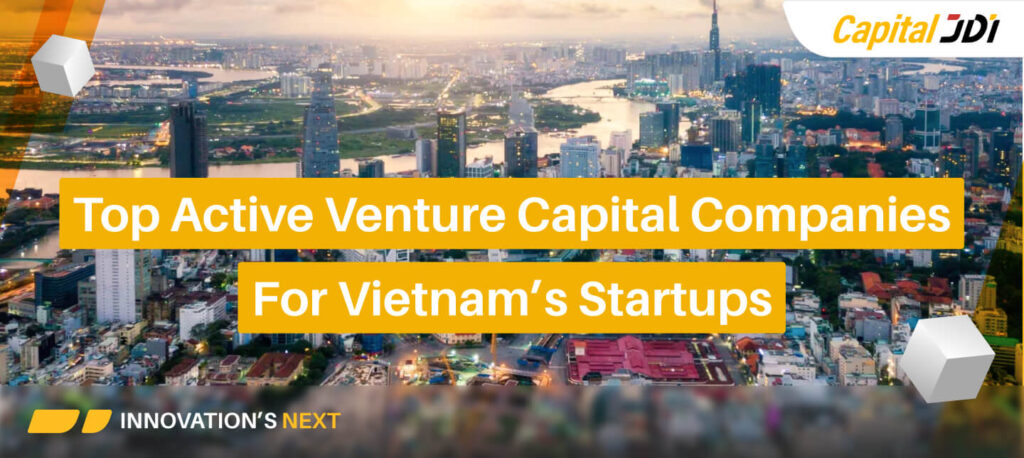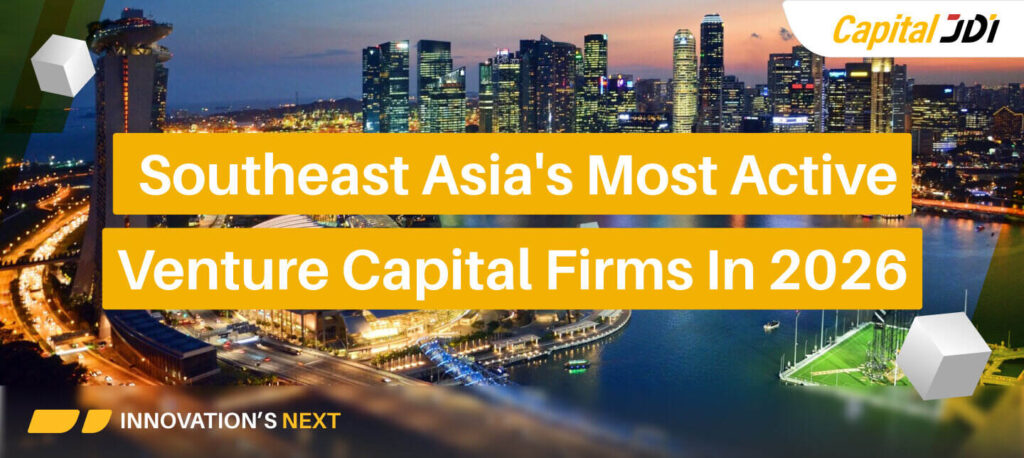Startups and SMEs on the hunt for capital today aren’t short on options — from securing backing from a venture capital fund to tapping into angel investors, forging strategic partnerships, exploring revenue-based financing, or applying for government grants.
But with so many routes available, which fundraising path actually makes the most sense for early-stage companies?
There’s no one-size-fits-all answer, so we’re breaking down the pros, cons, and considerations to help you find the right fit for your growth journey.
Determine the Amount of Funds Your Startup Needs
Figuring out how much capital you need to grow your startup plays a huge role in shaping your fundraising journey—and your chances of success. It sounds obvious, but you’d be surprised how many founders get it wrong.
Raise too little, and you’re scrambling to cover salaries and rent. Raise too much, and you might give away too much equity or take on unnecessary debt. Or worse, you fail to attract any investors at all.
That’s why both founders and investors follow a system that breaks startup fundraising into clear stages: Pre-seed, Seed, Series A, Series B, and beyond.
Each round is a checkpoint, and the capital you raise at each stage should align with what your startup actually needs to reach the next milestone.
Once a startup has figured out how much capital it needs and what fundraising stage it’s in, the next step is to explore the different types of investment funds available.
Startup Funding Options: Angel Investor, Venture Capital Fund, Grants, and More
Angel Investor
 If you’re wondering who’s usually first to show up with a cheque when a startup is still more idea than revenue, it’s the angel investors. These are individuals (often ex-founders or just seriously wealthy folks) who bet on early-stage startups before the VCs even start sniffing around.
If you’re wondering who’s usually first to show up with a cheque when a startup is still more idea than revenue, it’s the angel investors. These are individuals (often ex-founders or just seriously wealthy folks) who bet on early-stage startups before the VCs even start sniffing around.
Key Points About Angel Investors, aka Pros and Cons:
- They are the first “real” investors a startup encounters.
- Their comfortable investment range is US$10K to US$ 100K cheques at pre-seed, sometimes stretching up to US$ 2M at seed (very rare)
- They often expect 5–15% equity, depending on the amount invested.
- Angel Investors move fast. Deals are simpler, decisions quicker, and if you’re lucky, they’ll bring more than just money.
What Kind of Startups Do Angel Investors Love?
They’re drawn to early-stage founders with bold ideas, a strong sense of direction, and just enough grit to turn vision into reality—even if there’s little traction yet. If you’re coachable, ambitious, and ready to hustle, you’re exactly the kind of founder angels want to back.
Looking for the right backers? Connect with us to access a curated list of active angel investors ready to support early-stage startups.
Venture Capital Fund
If angel investors are the early believers, VCs are the heavyweight backers that step in once you’ve proven there’s something real behind the hype.
These are professional firms managing serious money—from pension funds, institutions, and high-net-worth individuals—all hunting for one thing: explosive startup growth.
Key Points About Venture Capital Funds, aka Pros and Cons:
- Venture capital companies often specialize in specific industries and have big expectations.
- VC’s investment range is US$1M – US$ 100M+
- Venture capital firms bring playbooks, shareholder meetings, operational support, and usually a seat at your boardroom table.
- Getting a VC deal over the line can take months. Due diligence is deep, and term sheets are dense.
- Most VCs are gunning for 10x+ returns in 5–7 years.
So, who should be raising from VCs?
Startups that have moved past the MVP stage, gained traction, and are ready to scale fast. If your business model has high growth potential and you’re aiming to lead your market (not just survive in it), VC funding could be your next big leap.
To discover Southeast Asia’s most active venture capital firms, check out our curated list here!
Grants
Unlike venture capital or angel investments, grants generally don’t ask for anything in return—no equity, no repayments, and no board seats. Just non-dilutive capital to help you move your mission forward. That’s why they’re typically awarded by governments, non-profits, and foundations backing specific industries or impact-driven initiatives.
Key Points About Grants, aka Pros and Cons:
- Applications can be lengthy, competition is fierce, and grant cycles don’t always move at startup speed.
- Only available for certain industries and targeted initiatives, and typically disbursed by government agencies
- Grants also offer mentorship, visibility, credibility, and access to client and partner networks.
- Their typical range is around US$ 5K– US$ 100K
Which Startups should go after Grants?
Early-stage startups that meet eligibility requirements and closely align with a grant’s mission or social objectives.
Accelerator
Think of accelerators as a startup bootcamp—short, intense, and packed with the tools you need to grow fast. These programs are built to help early-stage founders refine their business models, sharpen their go-to-market strategy, and get investor-ready in just a few months.
Key Points About Accelerators, aka Pros and Cons:
- Usually take 5–15% equity in exchange for resources and funding
- May provide seed capital to jumpstart product development
- Offer hands-on mentorship from seasoned founders and investors
- Include structured workshops on legal, marketing, and growth
- Give access to a co-working space and a community of peers
- Culminate in a Demo Day to pitch to potential investors
So, why do startups choose accelerators to raise funds?
Accelerators are a launchpad—they help startups go from ‘idea’ to ‘investment-ready’ in record time, making it easier to secure funding through the accelerator’s network and connections.
Looking for the right accelerators? Connect with us to access a curated list of active accelerators in Southeast Asia ready to support your startup.
Startup Funding Comparison: Angel Investor, Venture Capital Fund, Grant, and Accelerator
Frequently Asked Fundraising Questions
- How much equity should I give up to investors?
The amount of equity depends on your company’s valuation and the amount you’re raising. The key is to make sure you still hold enough control over your business to steer it in the right direction without compromising your vision, after the investment.
- Is crowdfunding a viable option?
Crowdfunding can be effective, but it’s not a guaranteed win. A successful campaign often heavily relies on a well-crafted story, a product that appeals to a large audience, and a solid marketing strategy that captures attention.
- What happens if investors reject my pitch?
Investor rejection is just part of the journey. Use it to your advantage — gather feedback to refine your pitch, revisit your business strategy, and consider other funding sources that might align better with your vision.
- How long does it take to raise funds?
Fundraising timelines can vary — it could take anywhere from a few weeks to several months. The process requires patience, preparation, and a willingness to adapt to the evolving needs of potential investors.
Navigate Your Fundraising Journey With Capital JDI
If you’re curious about what it takes to catch an investor’s eye, Capital JDI has the answers. We specialize in helping bold founders turn innovative ideas into impactful businesses.
Whether you’re just starting or ready for your next round, Capital JDI offers more than just guidance. We connect you with key investors, provide strategic direction, and support you throughout the process, ensuring you raise capital confidently.
And if you are ready to move faster, join our Next Wave Capital Program to pitch directly to over 400+ VCs from our network, while also receiving direct strategic guidance and mentorship.

